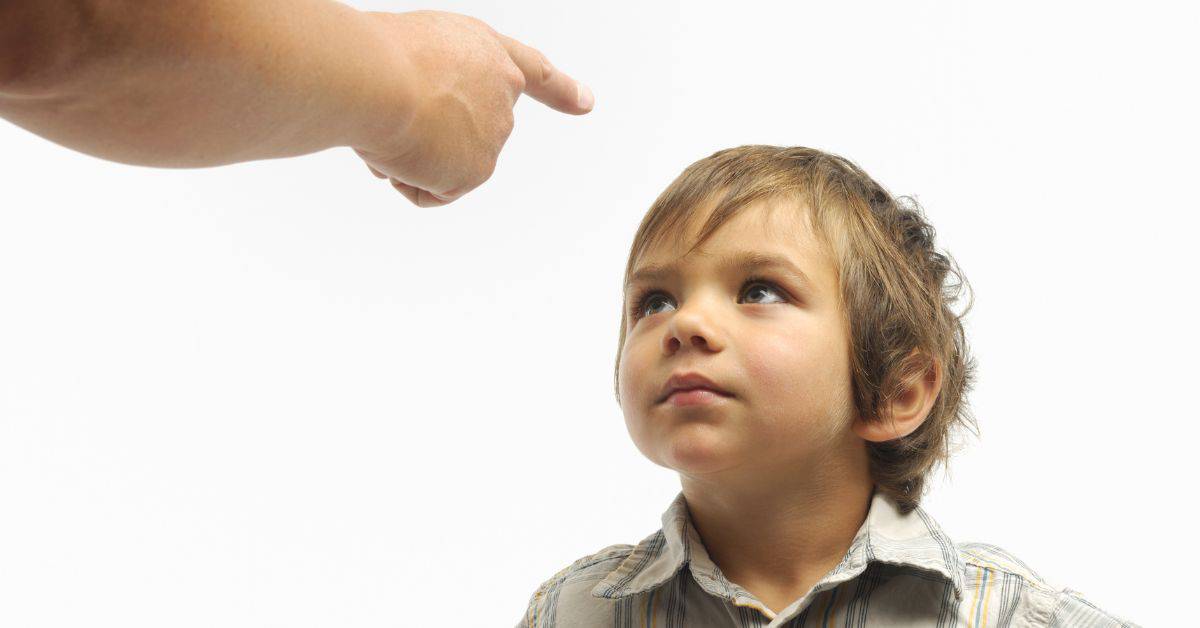
It’s never too late to repair a damaged relationship with your child. Even if you’ve yelled and screamed and said things you regret, it’s not too late to make things right. All it takes is some effort on your part, and your child will be more than happy to forgive you. In this guide, I’ll present you with four steps that can help get you started.
Before we start, let’s take a moment to talk about what led you to scream at your child or toddler.
Did you have a bad day at work?
Did they refuse to listen or follow instructions?
Know that whatever the reason, it is not an excuse for losing our cool and yelling. But we’ve all been there, and I’m not here to judge.
If you’re here, you probably regret yelling and may wonder how to repair the relationship with your child after screaming.
And before we can fix things with our child, we need to apologize and take responsibility for our actions.
Start With An Apology
Acknowledge your mistake and apologize for it. Let your child know that you are sorry for losing control and yelling, and explain that it was not their fault.
You could say something like: “I’m sorry for yelling at you earlier. I should have handled the situation better, and it was not your fault.”
This is a crucial first step in repairing the relationship with your child, as it shows them that you understand and acknowledge your mistake.
Listen To Your Child
After apologizing, listen to your child’s feelings about the situation. They may be hurt or angry, and it’s important to validate those emotions.
Let them know that it’s okay for them to feel upset about what happened and assure them that it won’t happen again. That said, if you commit to not yelling again, I’d recommend you stick to your promise to protect the trust between you.
Try not to interrupt or defend your actions, and instead, listen and apologize again if necessary.
This shows your child that you care about their feelings and are willing to make things right.
Make Amends
Now that you’ve apologized and listened to your child’s feelings, it’s time to make amends. This can be as simple as offering to do a fun activity together or taking them out for ice cream.
Try to think of something that will show your child that you care about them and want to make things right.
Discuss Boundaries And Consequences
After the apology and making amends, it’s important to discuss boundaries and consequences with your child. Let them know that yelling is not an acceptable behavior for either of you, and establish consequences for future instances.
This can also be a good opportunity to talk about healthy ways to handle frustration and anger, such as taking a break or talking about the issue calmly.
By setting boundaries and discussing consequences, you’re showing your child that you take responsibility for your actions and are committed to improving the relationship.
Tips To Stop Yelling At Children
Repairing a damaged relationship with your child after yelling may not be easy, but it is possible. Above all, remember to apologize and take responsibility for your actions, listen to your child’s feelings, make amends, and discuss boundaries and consequences.
Additionally, here are some tips to prevent future instances of yelling:
- Take a deep breath before reacting
- Walk away from the situation if necessary
- Think about the possible consequences before speaking
- Remember that yelling does not teach effective problem-solving skills
- Consider seeking help from a therapist or counselor if necessary (I’m happy to help if you need consultation – you can schedule a free consultation here)
- Read my funny parenting book (also available as an audiobook) to learn my tips as a former yeller
Above all, know that it’s never too late to make things right with your child and improve your relationship. It may take time and effort, but I believe in your ability to do so.
What To Do When Your Child Is Yelling At You
While it’s important to address and prevent our own yelling, it’s also important to address and prevent our child’s yelling.
First of all, remember that your child may be acting out due to their own emotions or issues, so try not to take their yelling personally. It can be helpful to validate their feelings before addressing the behavior.
Then, try to calmly explain why yelling is not an acceptable behavior and discuss possible consequences for future instances. If necessary, take a break from the situation and come back to address it once everyone has calmed down.
It’s important to remember that our own reactions can affect the situation – if we respond with anger or yelling, it can escalate the situation. Instead, try to respond calmly and assertively to set a positive example for your child.
As with our own yelling, seeking help from a therapist or parenting coach can be beneficial in addressing and preventing your child’s yelling.
Final Thoughts On Repairing A Relationship With Child After Yelling
I know apologizing and repairing a damaged relationship with your child after yelling may not be easy, but it is possible. Remember to apologize and take responsibility for your actions, listen to your child’s feelings, make amends, and discuss boundaries and consequences.
Additionally, try to prevent future instances of yelling by taking a deep breath before reacting, walking away from the situation if necessary, and seeking help if necessary.
Above all, know that it’s never too late to improve your relationship with your child.
Need help? Schedule a consultation with me (the first call is free) by clicking on the button below.
Schedule A Free Call
